News
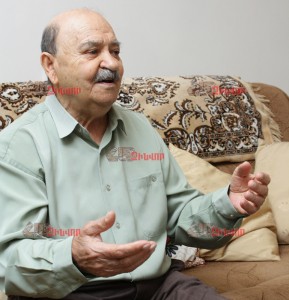
84-year-old Hovsep Poladyan was one of the “Nairi” primary school teachers in Tehran. 50 years ago, the school celebrated the 50th anniversary of the Armenian Genocide. In 1965 there were 1200 pupils at the school.
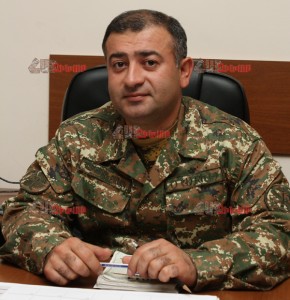
After tension on the Nagorno-Karabakh Republic – Azerbaijan contact line in July-August 2014 Azerbaijani armed forces are getting more and more active again. According to the NKR Defense Army, besides sending permanently the saboteur squads, using various firearms, 60 and 82mm mortars, the Azerbaijani forces, for the first time since ceasefire’s establishment, have begun to use 120mm caliber mortars. Azerbaijani Defense Minister Zakir Hasanov stated that “we have so many weapons and military techniques that due to its use the Armenians will not come to consciousness for hundreds of years” and that the “very first strike will destroy 70% of the enemy.”
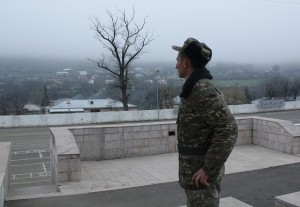
Conscript Haroutyun Melkonian was awarded the badge of “Brave soldier.” On March 12, during the implementation of observations, he found the enemy sniper and destroyed him.
Soldier Meloyan tells.
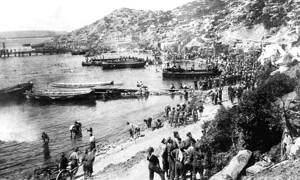
One of the famous battles of the First World War can be regarded as the Battle of Gallipoli, which is also known as the Dardanelles operation. The armed forces of the Entente had the goal – to establish control over the Bosporus and Dardanelles straits. If they succeeded, the Allies could bring Turkey out of the war. The second goal was to deprive the Russians of the possibility to possess these same straits. However, Turkey, with the effective support of Germany, could resist and destroy the plans of the Allies.
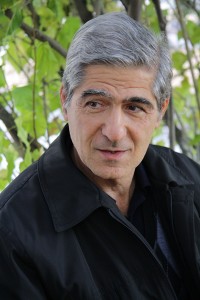
We need to know the language of the enemy, to know his habits, mentality. Only then we can turn to any of its rebuff with his own language. Especially it is very necessary to the military. Now, in the era of the Internet, you can create contacts and pull a lot of information from there. Most of our students are able to read and write in these languages. So, everything is done to enrich the knowledge of our officers. I am sure that if necessary they can use it to “get to say” the enemy.
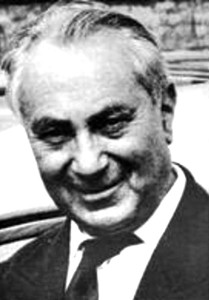
Persian known writer, father of the Iranian novel Seyed Mohammad Ali Dzhamalzadeh in 1915 by coincidence, was moving from Berlin to Baghdad through Turkey and became an eyewitness to the massacre of the Armenians. Impressed by these infernal scenes, he wrote his famous story “My personal reflection during the First World War.”












